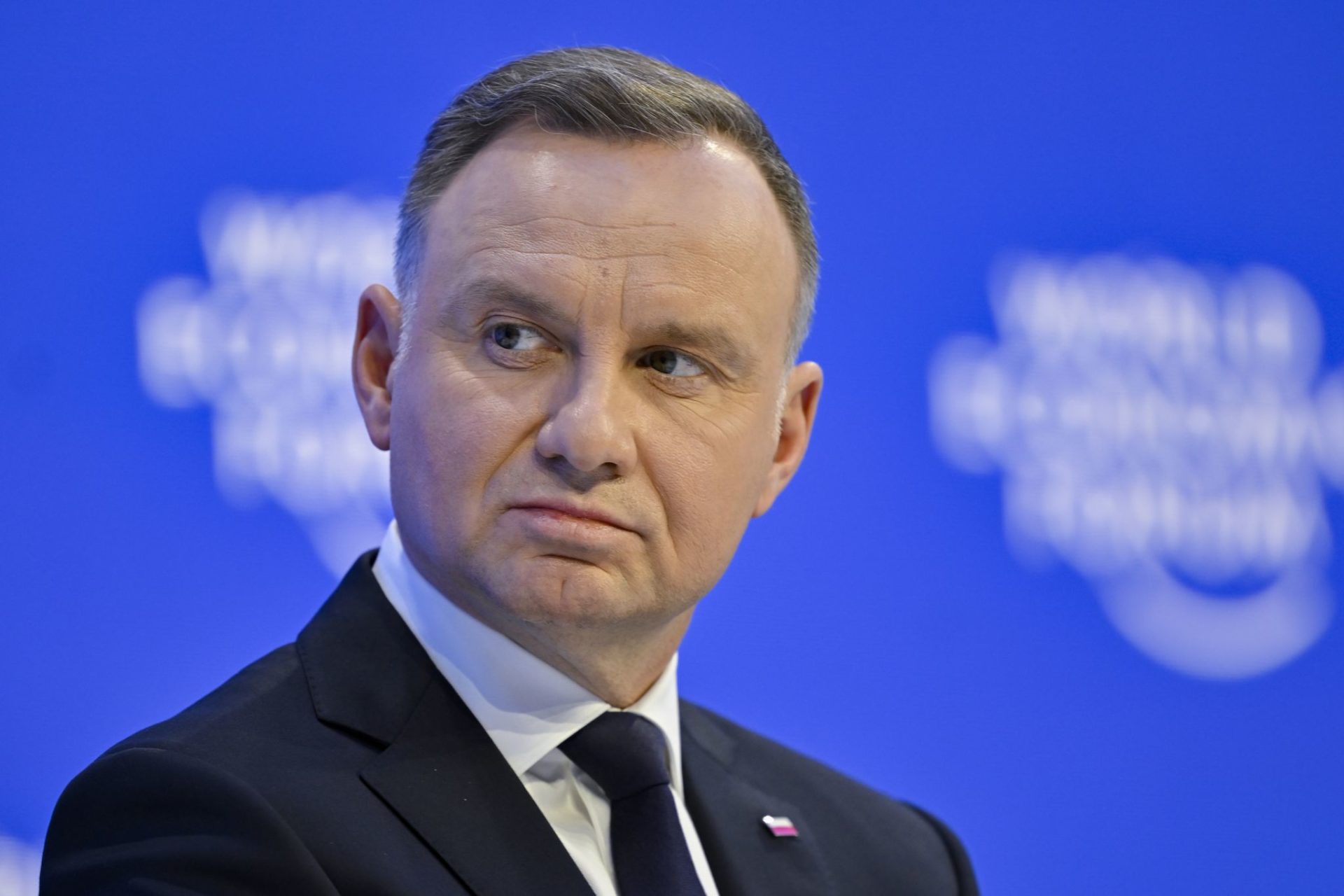 Have the article read by OpenAI (Beta). Please note that AI translations may take some time to process.
Have the article read by OpenAI (Beta). Please note that AI translations may take some time to process.Reynders questions Poland over commission of enquiry into Russian influence
Brussels (Belga) – European Commissioner for Justice Didier Reynders raised concerns over a controversial Polish law on investigating Russian influence. In a letter sent to Polish European Affairs Minister Szymon Szynkowski vel Sęk on Wednesday, Reynders asked him to provide the documents on a controversial law allowing the creation of a special commission with the power to exclude people from public office without them being able to go to court.
On Monday, President Andrzej Duda put his signature to a law aimed at fighting “Russian influence” in the country. The law provides for the creation of a special commission to investigate whether people in public office have acted under Russian influence over the past 15 years and made decisions that harmed Poland’s security. The opposition sees the commission as a tool of the national-conservative government led by the Law and Justice Party (PiS) to sideline political opponents in the run-up to parliamentary elections.
The Polish opposition has renamed the law the Tusk Law, after the former European Council President and leader of the liberal Civic Platform Party, Donald Tusk. Parliamentary elections will take place in Poland this autumn and the opposition believes the law serves to discredit the government’s opponents and prevent Tusk from winning the ballot.
In his letter, Commissioner Reynders confirmed that “this new law raises serious concerns in terms of compliance with EU law, as it confers significant powers on an administrative body that can be used to prohibit individuals from holding public office and thus limit their rights.”
Reynders spoke to his Polish counterpart on Wednesday, who offered to provide him with an analysis of the law in question. The Commissioner requests “without delay all relevant documents related to the legislative process,” including the opinions of relevant stakeholders, the ombudsman and legislative offices, as well as any other documents deemed relevant.
“Those documents will be important for the Commission’s assessment to decide on possible next steps,” Reynders said. All this seems to indicate that a new infringement procedure could be launched. (June 1)
Enlargement: Macron calls on the EU to “rethink” its governance and invent new formats
Bratislava (AFP) – In a speech delivered in Bratislava on Wednesday, French President Emmanuel Macron called on the European Union to rethink its governance and “invent several formats” to meet the membership aspirations of countries in Eastern Europe and the Balkans.
“Yes, it (the EU) must enlarge. Yes, it must be rethought in terms of its governance and its aims. Yes, it must innovate, without doubt, to invent several formats and clarify the aims of each of these formats,” he declared on the eve of a summit of the European Political Community, which brings together 47 countries in Chișinău, the capital of Moldova.
“This is the only way to meet the legitimate expectations of the Western Balkans, Moldova and Ukraine, which must join the European Union, and to maintain the geopolitical effectiveness, but also the climate, the rule of law and the economic integration of the European Union as it exists today,” he insisted, outlining a multi-speed Europe. (May 31)
ECB: Outlook for financial stability in the euro area remains fragile
Frankfurt/Main (dpa) – According to the European Central Bank (ECB), banks in the euro area remain vulnerable to external shocks. The outlook for financial stability as a whole remained “fragile” against the backdrop of the recent banking stress outside the monetary union, the central bank announced on Wednesday on the occasion of the presentation of its semi-annual Financial Stability Report.
In the United States, three regional banks had collapsed since the beginning of March, after huge withdrawals of funds due to liquidity concerns. In Europe, the major bank Credit Suisse, which had already had problems before, had been saved from going under thanks to a state-organised emergency takeover by Swiss competitor UBS. One massive problem for the banks is the rapid rise in interest rates after years of zero and negative interest.
The ECB says euro-area financial institutions have coped well with the recent stress “but higher funding costs and lower asset quality could affect profitability.” Banks may need to set aside more funds for possible loan losses.
“In this context, it is essential to complete the banking union and, in particular, to establish a common European deposit insurance scheme,” the central bank stated. For years, Europeans have been arguing about a cross-border safeguarding of customer funds as the third pillar of the European banking union, alongside joint banking supervision and joint resolution of crisis institutions.
There is resistance in Germany, where there are well-filled pots for emergencies. Savings banks and cooperative banks fear that their money will be used to finance the failures of institutions in other countries. (May 31)
This is a compilation of the European coverage of enr news agencies. It is published Tuesdays and Fridays. The content is an editorial selection based on news by the respective agency.
